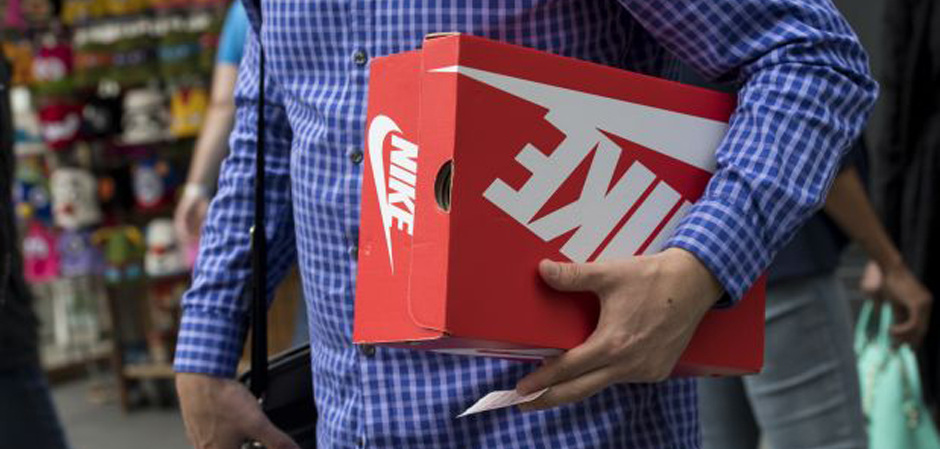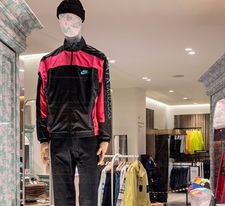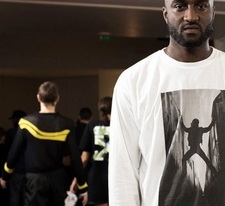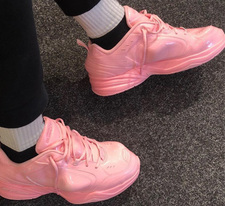Is Nike avoiding taxes?
The European Commission has launched an investigation into the tax regime of the American sportswear manufacturer Nike in the Netherlands, stating a possible attempt to evade taxes.

The Commission found that between 2006 and 2015, the Dutch authorities issued five tax rulings, two of which are still in effect, approving the method of calculating royalty payments to two companies Nike based in the Netherlands, Nike European Operations Netherlands BV and Converse Netherlands BV, which are engaged in the marketing and sales of sportswear in Europe, the Middle East and Africa. The authorities that monitor competition policy in the European Union have noted that the royalty payments approved by the aforementioned regulations "may not reflect the economic reality". The companies obtained licenses to use the intellectual property rights to the products of Nike and Converse in this region in exchange for tax-free royalty payments to two other companies Nike, also based in the Netherlands, but tax-free there. The Commission stated that the royalties were higher than the independent companies would have agreed among themselves. As a result, the Netherlands may have allowed Nike companies to pay less tax. If the information is confirmed, it will be equivalent to illegal state aid.

This information came out in connection with a thorough investigation regarding the materials of the "Paradise Dossier";*.
"The Commission has already received some information about these decisions during its general investigation into the practice of tax decisions in all EU member states before the Paradise Dossier was published." After the appearance of the Paradise Dossier, the Commission initiated a new, more in-depth investigation and requested additional information from the Netherlands, which led to doubts that the Commission expresses in its statement today, a representative of the commission said.

The Commission called on governments to tighten taxation rules in response to the revelations in the so-called LuxLeaks, as well as in the Panama Papers and Paradise Papers, but some countries resisted the changes. The case of Nike, which was announced on Thursday, is one of many in a series of investigations conducted by the EU executive since 2013 on tax schemes in Belgium, Gibraltar, Luxembourg, Ireland and the Netherlands that allow companies to create structures for unfair tax cuts. All countries were ordered to collect taxes from beneficiaries under such schemes, including, for example, Amazon, Apple, Starbucks and Fiat.
"EU member states should not allow companies to create complex structures that excessively reduce their taxable profits and give them an unfair advantage over competitors," the EU Competition Commissioner said Margret Vestager.

In response to the charges, Nike stated that it obeys and undertakes to ensure compliance with the same tax laws as other companies operating in the Netherlands. "We believe that the investigation of the European Commission is meaningless," the representative of Nike said.

The Ministry of Finance of the Netherlands, in turn, stated that it would cooperate with the Commission, and stated its agreement that tax decisions should provide certainty, not preferences.Margret Vestager supported the actions taken by the Netherlands to reform corporate taxation rules and to ensure equal conditions for all companies.
Photo: Nike
Source: The Guardian
For reference:"Paradise Dossier", or "Paradise Documents" (The Paradise Papers)a selection of materials concerning the activities of offshore companies registered in "exotic" offshore zones, which were made public in early November 2017 as a result of an investigation organized by the newspaper Süddeutsche Zeitung.











